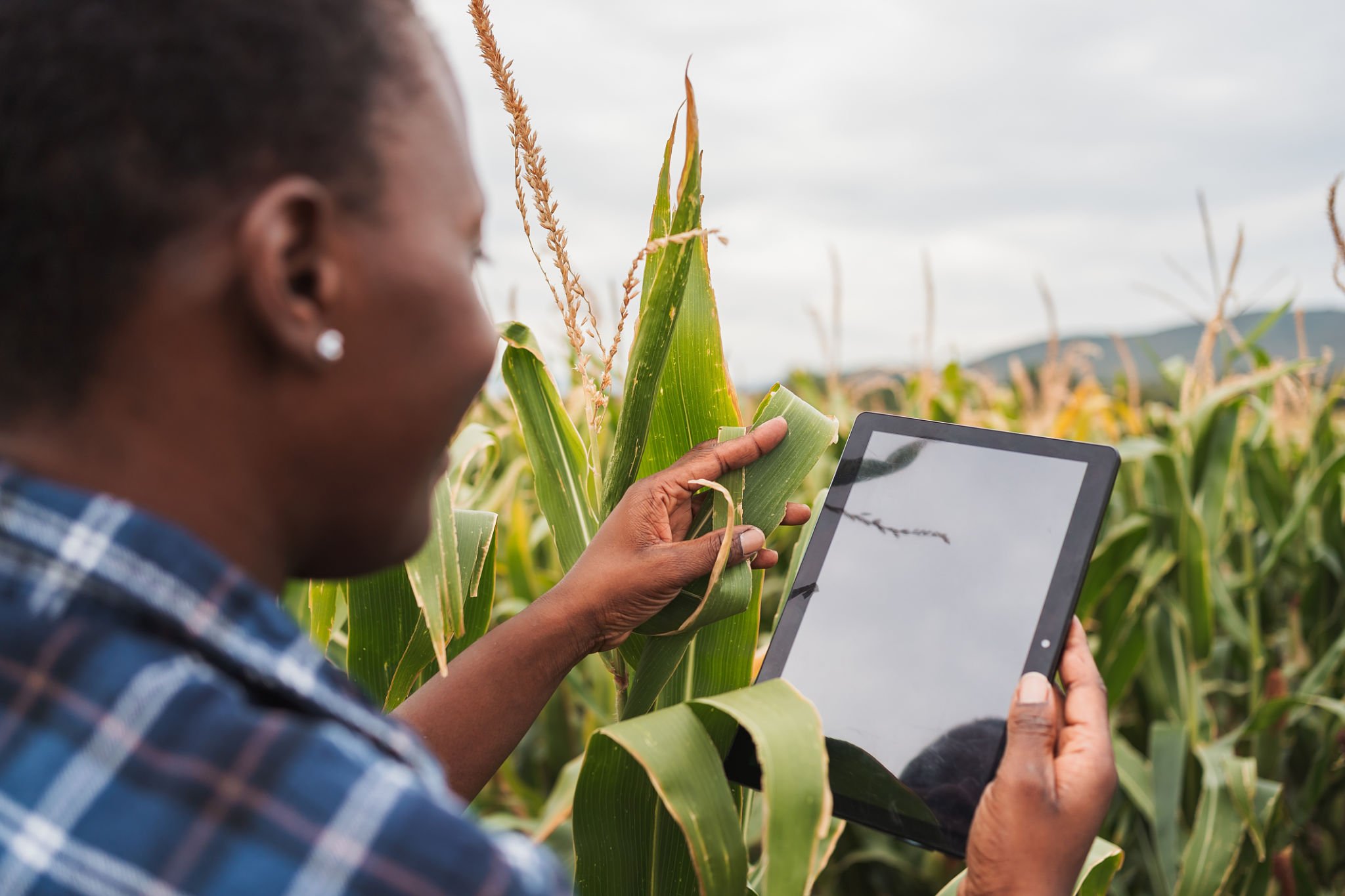Innovations in the Agri-Food Industry: Trends Shaping the Future
Introduction to Agri-Food Innovations
The agri-food industry is undergoing a transformation, driven by technological advancements and a growing awareness of sustainable practices. As we look towards the future, several trends are emerging that promise to reshape the way we produce and consume food. These innovations are not only enhancing efficiency but also addressing critical challenges such as food security and environmental sustainability.
From smart farming techniques to plant-based alternatives, the agri-food sector is embracing change at an unprecedented pace. In this blog post, we'll explore some of the most exciting trends that are shaping the future of the industry.

Smart Farming Techniques
Smart farming is revolutionizing agricultural practices by leveraging technology to increase productivity and reduce waste. Through the use of IoT devices, farmers can now monitor soil conditions, crop health, and weather patterns in real-time. This data-driven approach allows for more precise farming, optimizing resource use and maximizing yields.
In addition to IoT, drones are becoming a common sight in fields, providing aerial insights that help farmers make informed decisions. These technologies are crucial in managing large-scale operations and ensuring that farming practices are both efficient and sustainable.
Vertical Farming
As urbanization continues to rise, vertical farming offers a solution for growing food in urban environments. By utilizing vertical space and controlled environments, this method significantly reduces the land footprint required for agriculture. Vertical farms use hydroponics or aeroponics, enabling crops to grow faster with less water compared to traditional methods.

These farms are not only efficient but also bring fresh produce closer to consumers, reducing transportation emissions and ensuring fresher products. The potential for year-round production makes vertical farming an appealing option for meeting urban food demands.
Plant-Based Alternatives
The shift towards plant-based diets is another trend reshaping the agri-food industry. With increasing consumer awareness about health and environmental impacts, there is a growing demand for plant-based alternatives to meat and dairy products. Companies are developing innovative products that mimic the taste and texture of animal products while being more sustainable.
This trend is not just limited to food products; it extends to the development of sustainable packaging solutions made from plant-based materials, further reducing the industry's carbon footprint.

Blockchain for Food Transparency
Blockchain technology is emerging as a powerful tool for enhancing transparency in the food supply chain. By providing a secure and immutable record of transactions, blockchain can track the journey of food from farm to table. This ensures authenticity and builds consumer trust by verifying the origin and quality of products.
As food safety concerns grow, the ability to trace products quickly in the event of a recall is invaluable. Blockchain not only aids in quality assurance but also helps in reducing fraud and ensuring fair trade practices.
Conclusion
The agri-food industry is at the cusp of a technological revolution, with innovations that promise to make food production more efficient, sustainable, and transparent. As these trends continue to evolve, they will play a crucial role in addressing global challenges such as food security and climate change. Embracing these innovations is essential for building a resilient and sustainable future for the agri-food sector.
